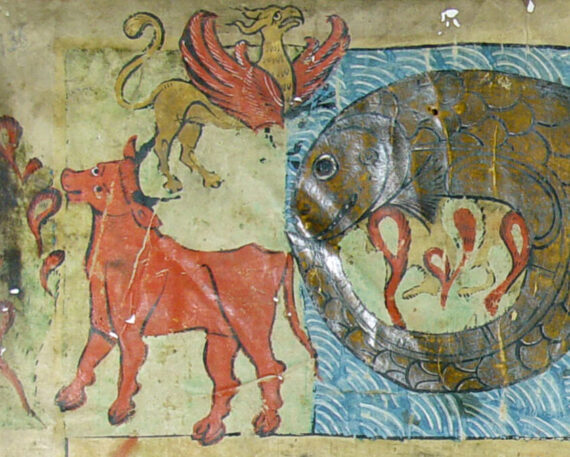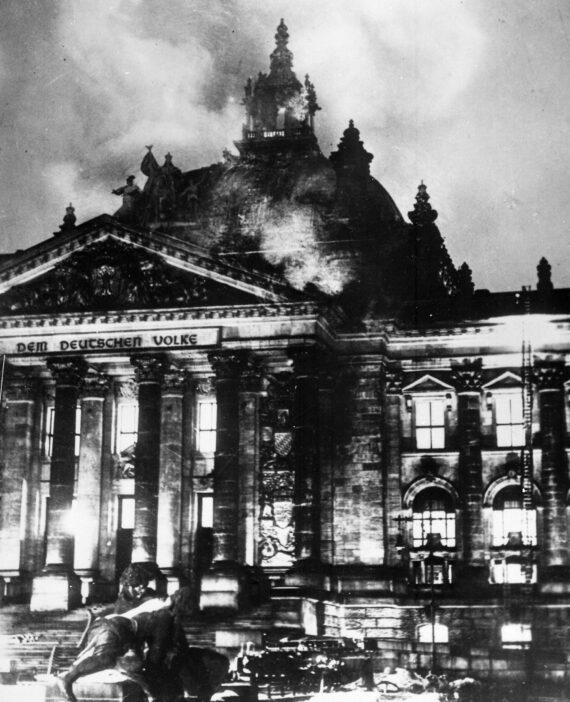When Max Horkheimer took the reins, in 1931, of the Institut für Sozialforschung, the critique of capitalism received an unexpected jolt. His directorship of the fêted think tank marked a turning point in the development of critical theory. For Horkheimer streamlined the nascent Frankfurt School. He saw to it that staff trained their eyes on varieties of capitalism.[2] In Germany and later at Columbia University, he cultivated an “interdisciplinary materialism.”[3] For the best part of a decade, the critique of advanced capitalism was the overarching focus of the Institute for Social Research. [Continue reading here…]
Otto Kirchheimer
Ernst Fraenkel’s 1927 essay Zur Soziologie der Klassenjustiz (‘On the sociology of class justice’) had disparaged social-democratic trust in German law as a site for political reform. The law, he contended there, could not be understood in abstraction from its actual practitioners who were, after all, endowed with a specific class position. Franz Neumann, too, sought to point to the necessity of rethinking the law from its liberal foundations. In his Behemoth (1942), Neumann would chastise Social-Democracy for its ‘complete reliance on formalistic legality’ and its inability — or outright reluctance — to ‘root out the reactionary elements in the judiciary’. But more than this: According to Neumann, the parties supporting the republic had relied too much on an easy pluralism which sought to dissolve sovereignty and the unity of the state into a system of plural stakeholders in constant negotiations. This strategy had kept Social-Democrats outside of the real centers of power: the army, bureaucracy, the judiciary and, crucially, industry itself. It had given their political successes in labour law and social legislation a fragile character without robust political backing. [Continue reading here…]
Commemorations of the 100th anniversary of the founding of the Institute for Social Research—the Frankfurt School—have taken place around the world this year, many of them at prestigious universities and featuring key contemporary representatives. My general impression of those events is that they have neglected a crucial and still relevant conjuncture in the Institute’s history. That neglect points to some unfortunate lacunae within more recent Frankfurt-oriented critical theory.. [continue reading here…]



